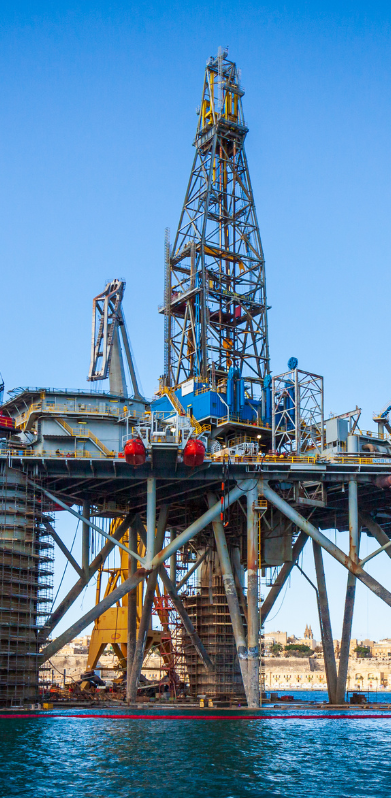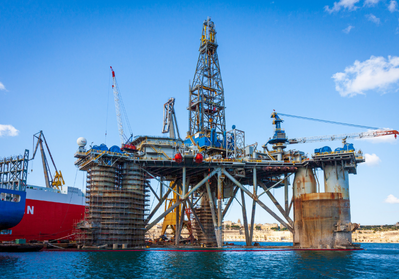How to Become a Petroleum Engineer
A petroleum engineer figures out the best ways to get oil and gas from deep underground. They study how much it will cost to drill and come up with smart, safe methods to bring the materials to the surface.
A Day In The Life
If you were a Petroleum Engineer, you’d spend your day…

Studying rock and reservoir data, planning the best drilling methods and meeting with your team to discuss project updates

Visiting drilling sites to check on operations, solving problems on the spot and making sure everything is done safely and efficiently

Back in the office, you’d analyse test results, write reports, review costs and explore new technologies to improve extraction methods
Wanna see a petroleum engineer in action? Check out this video!
Is This Career Right for Me?
According to the Holland Codes, people in this career generally possess the following traits:
Challenges & Skills
No job is easy, but if you’ve got the right skills, you’ll be ready to handle anything that comes your way!


Challenges & Skills Needed to Overcome Them
Drilling sites can be risky and involve heavy equipment and high pressure.
Skills: Strong safety knowledge, careful planning and awareness
Keeping up with new technology
Skills: Willingness to learn and strong tech and software skills
Engineers need to get as much oil or gas as possible without overspending
Skills: Problem-solving and budget & time management
Following strict environmental rules
Skills: Understanding of regulations and sustainable thinking
Managing big teams
Skills: Leadership, communication and teamwork
Sound like you? Then you might just have what it takes to tackle these challenges and thrive as a Petroleum Engineer!
Career Pathway
Thinking long term? This career path shows you how you can grow your role (and salary!) in the world of petroleum engineering.
With every step, you’ll gain more skills, responsibility and opportunities. If you’re passionate about engineering and architecture, this career path could be your perfect match!
Global Opportunities
Pros in this field are in demand everywhere—your career could literally take you places!
Top countries hiring professionals in this field:

United States
The U.S. is home to major oil and gas companies like ExxonMobil and Chevron. States like Texas, Louisiana and Alaska offer many opportunities for petroleum engineers in exploration and drilling.

Saudi Arabia
One of the world’s top oil producers, Saudi Arabia offers high-paying jobs, especially with companies like Saudi Aramco.

The United Arab Emirates
The UAE, especially Dubai and Abu Dhabi, is a major oil and gas centre.
We hope this guide has helped you understand what to expect and inspired you to explore a path that fits your strengths and passions. Good luck—and have fun discovering your future!


